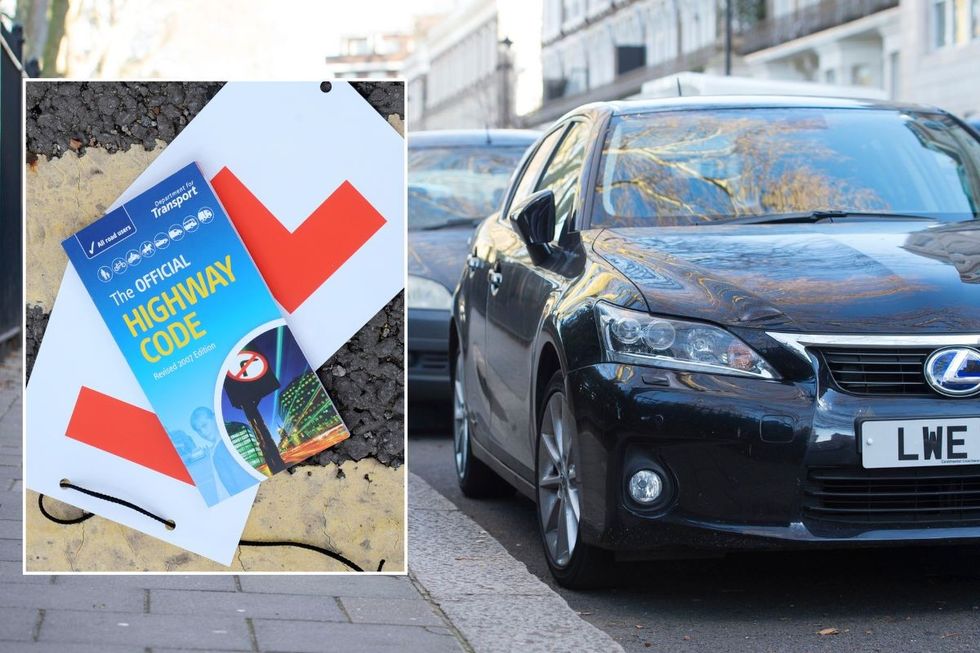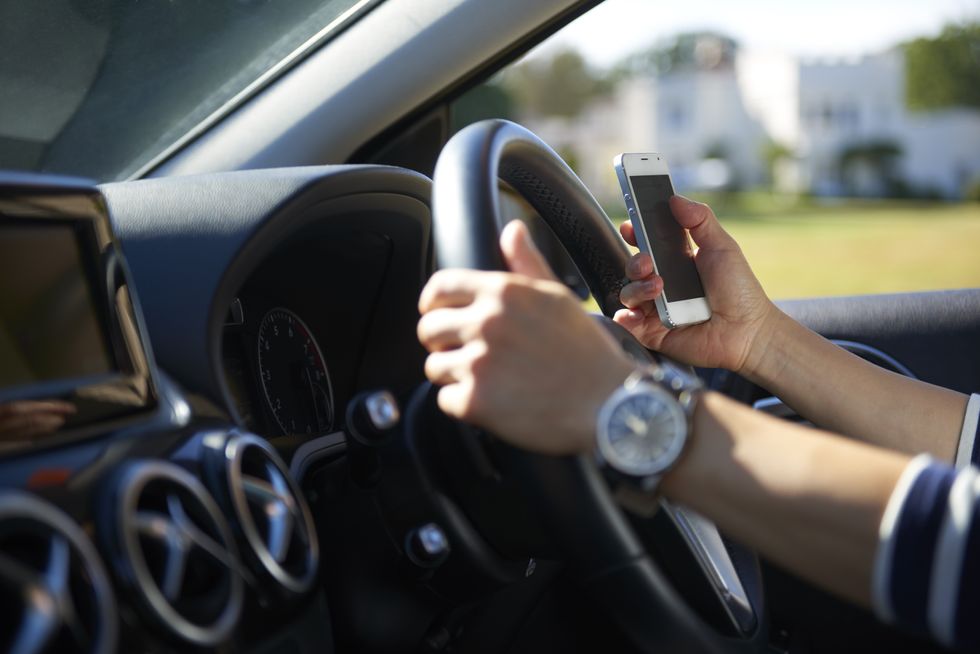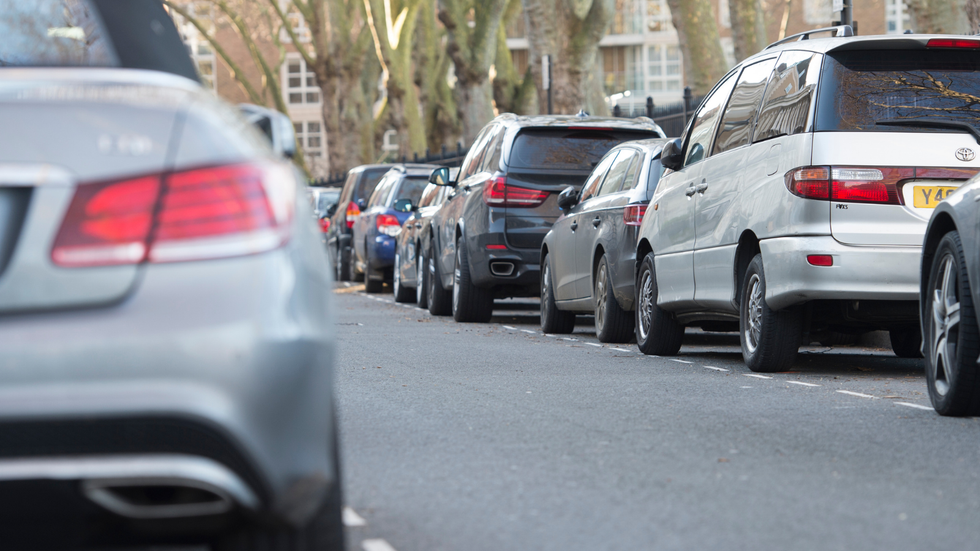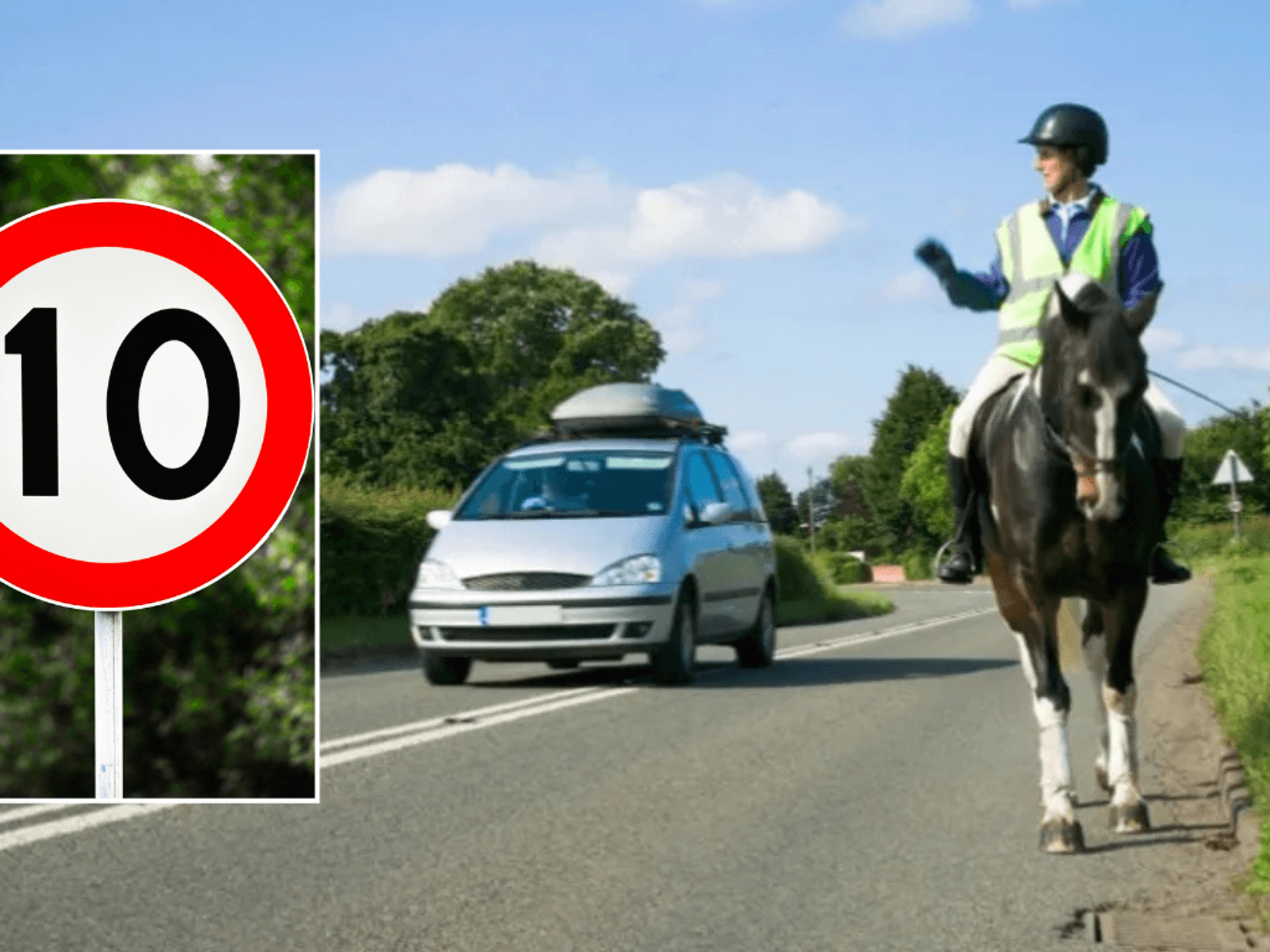Motorists risk £1,000 fine for road offences as thousands caught obstructing Highway Code rules

The Department for Transport recorded over 20,000 cases of dangerous parking being linked to collisions in the UK
Don't Miss
Most Read
Latest
Drivers have been warned they could be slapped with hefty fines for traffic offences breaching Highway Code rules, which have peaked in recent years.
New research shows that cases of dangerous parking have soared in the UK, with more than 20,000 collisions caused by stationary or parked cars blocking drivers' views of the road between 2014 and 2024.
More shockingly, the Department for Transport detailed how there were more cases of dangerous parking than drug-driving in the UK.
The figures revealed that parked cars were linked to more accidents than drunk drivers (15,647), tired drivers (13,665) and defective road surfaces (13,116) during the 10 years period.
In the UK, drivers can be given a minimum one-year driving ban, as well as an unlimited fine and up to six months in prison for drug-driving.
Motorists can be issued a £160 fine for poor parking, with penalties slashed by 50 per cent for early repayment, while less serious offences cost £110.
Larne O'Donoghue, YourParkingSpace spokesperson, said: "These figures highlight how dangerous parked or stationary vehicles can be when they obstruct a driver's view.
"Motorists need to think twice before leaving their car on the roadside – and drivers passing by should always be on the lookout."

Dangerous parking breaches rule 242 of the Highway Code due to it causing an obstruction on roads
| PAThe report also found that dangerous parking was responsible for more than four times as many crashes as mobile phone use (4,247).
Drivers can be fined £200 and given up to six penalty points for using a mobile phone while behind the wheel.
Other road hazards recorded included blinding headlights, road layouts, overgrown hedges, buildings, road signs, street furniture and water spray from other vehicles.
Mr O'Donoghue added: "By reserving a space in advance, drivers can dodge the dangers of roadside parking. It's safer, more convenient – and makes perfect sense when heading to busy areas or big events."

Dangerous parking was four times more likely to cause a crash than mobile phone use in vehicles
| GETTYLATEST DEVELOPMENTS:
- Jaguar Land Rover resumes production after cyber attack as 120,000 Britons could be impacted by shutdown
- Electric bike and scooter fires become 'worryingly common' as blazes across London prompt action
- Sadiq Khan handed major Ulez victory after controversial London-wide expansion - 'Right thing to do'
The Highway Code dictates several examples of places where drivers are not allowed to park in the UK.
This includes, on the carriageway, an emergency area or the hard shoulder of a motorway, except in an emergency, a pedestrian crossing, including the area marked by the zig-zag lines, as well as in taxi bays.
Rule 242 of the Highway Code states: "You MUST NOT leave your vehicle or trailer in a dangerous position or where it causes any unnecessary obstruction of the road."
Drivers caught breaking this rule can be fined under the Road Traffic Act 1988, Section 22, for leaving vehicles in dangerous positions.

Drivers can be fined under the Road Traffic Act 1988, Section 22, for poor parking
| PAThe law states: "If a person in charge of a vehicle causes or permits the vehicle or a trailer drawn by it to remain at rest on a road in such a position or in such condition or in such circumstances as to [involve a danger of injury] to other persons using the road, he is guilty of an offence."
The rules could lead to drivers being hit with a fine of £100 and three penalty points, but if the case goes to court, they could face a £1,000 fine.
It also breaches the Road Vehicles (Construction and Use) Regulations 1986, which dictates that "no person in charge of a motor vehicle or trailer shall cause or permit the vehicle to stand on a road so as to cause any unnecessary obstruction of the road".
To avoid the risks of roadside parking, YourParkingSpace experts have urged drivers to book safer, off-street alternatives.











